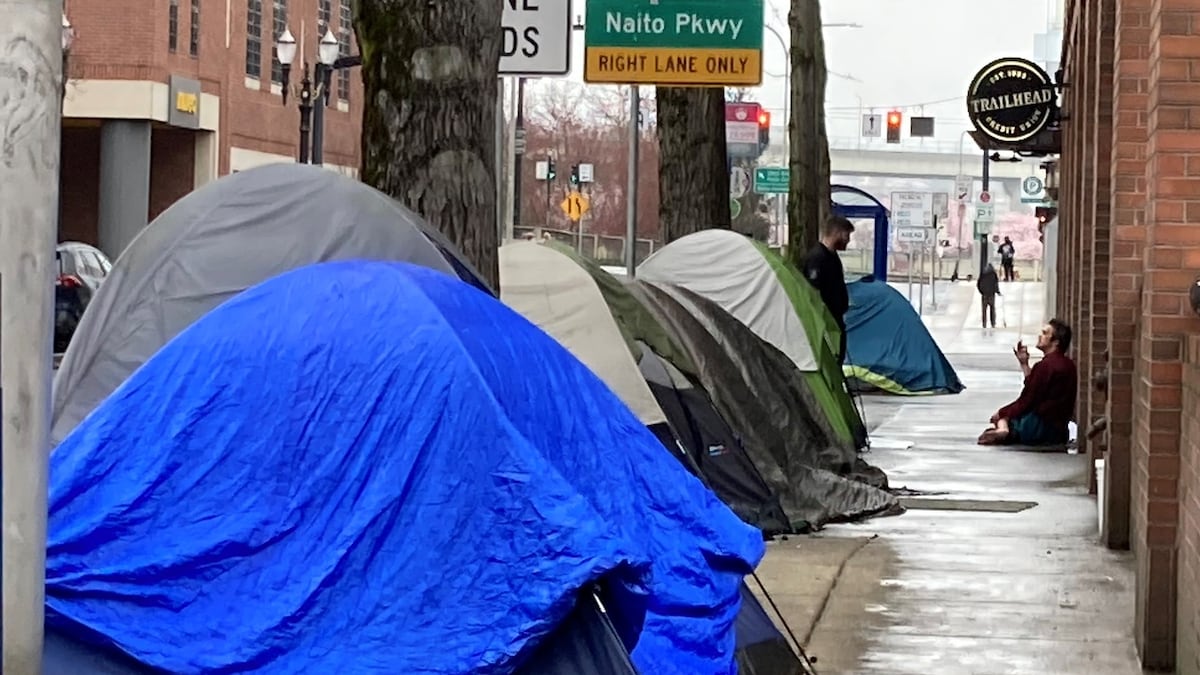The U.S. Supreme Court agreed on Friday to hear a case out of Southern Oregon that could make sweeping policy changes to the way cities address homelessness and enforce rules around public camping.
In 2022, the Ninth Circuit Court of Appeals blocked Grants Pass from enforcing public camping ordinances through fines, saying it violated the cruel and unusual punishment provision of the U.S. Constitution’s Eighth Amendment. That ruling built off a 2019 decision out of Boise, Idaho, where the same court found a person cannot be criminally punished for sleeping in public if there’s nowhere else for them to go.



Does cruel and unusual punishment apply here?
My limited understanding of the topic is that ‘cruel but usual’ and ‘unusual but not cruel’ can invalidate the charge. And unfortunately, the mistreatment of the homeless could be seen as usual.
It won’t apply in front of this court. The USA, where corporations are considered people but the homeless are not.
It should apply, if only the rich werent the ruling class. Id consider taking money from someone who has nothing/very little to be cruel.
It’s either or.
No, but the problem is that SCOTUS likes to ignore the consequences of the 1A right to assemble (which is why you have abridged rights during a traffic stop - you have no right to travel to your assembly point, even though it’s a necessary right in order to have freedom of assembly), which is what actually covers the general right of people to exist in public, since they must in order to assemble.